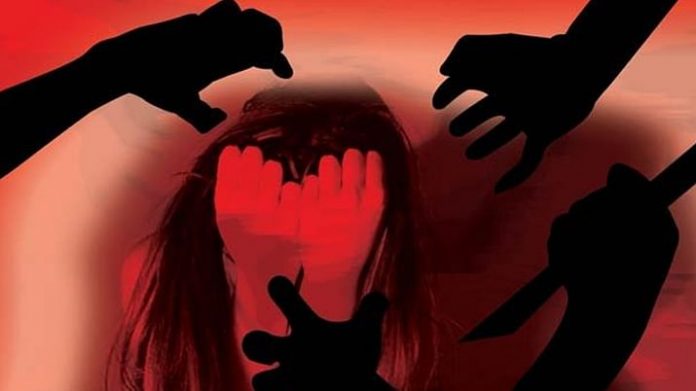The court has suggested that a law should be framed at the national level prescribing death penalty for the gang rape of women
New Delhi (ILNS): The Karnataka High Court has confirmed the life sentence awarded by a trial court to seven people involved in the gang rape of a law student. The Court has suggested that a law should be framed at the national level prescribing death penalty for the gang rape of women.
A division bench of Justice B Veerappa and Justice K Natarajan upheld the order passed by the trial court in September 2013 and 2017, sentencing the accused to life imprisonment, and dismissed their appeals.
The court made the observation while upholding the life imprisonment imposed by the trial court on seven convicted persons, who had gang-raped a 21-year-old law student near Jnana Bharathi campus in the city on October 13, 2012.
The convicted are Ramu, Shivanna, Maddura, Eleyaiah aka Eleya, Eeraiah, Ramu and Dodda Eeraiah aka Doddeera, residents of Metaridoddi in Ramanagara taluk.
Additional State Public Prosecutor Vijay Kumar Majage said the victim, a native of Nepal, supported the case fully by identifying the accused during the Test Identification Parade and deposed each and every overt act of the culprits before the court, which helped the prosecution to prove the case beyond doubt.
The court has observed:
“The victim had boldly lodged a complaint at 1.30 a.m. in order to ‘protect Dharma’. Her ‘tolerance’ and ‘courage’ to proceed against the accused in accordance with the law … and for fighting the legal battle against the accused to get justice in an unfortunate incident in her life has to be appreciated.”
The student was gang-raped after she was dropped off at the girls’ hostel near Gandhi Bhavan on the Bangalore University campus by her friend in a car around 9 pm on October 13, 2012. The bench has observed and added that gang rape was more dangerous than murder:
“Between Nirbhaya’s case and the present case, the only difference is that in the case of Nirbhaya, the victim died after the brutal attack on her, but in the present case, the victim has discontinued her law course and returned to her native country — Nepal — with all curse.”
The court also observed: “We are not proud to say that India has not achieved empowerment of women even after seven decades of Independence.” The bench recalled Mahatma Gandhi’s quote, which said: “The day a woman can walk freely on the roads at night, that day we can say that India has achieved independence.”
To make it possible on the ground level that society respects women’s dignity, there must be root therapy in every child’s upbringing. A child should be taught to respect women in society and gender equality should be made a part of the school curriculum.
The bench also said the government, educational institutions, the media, and employers must take steps to create awareness to respect women.


